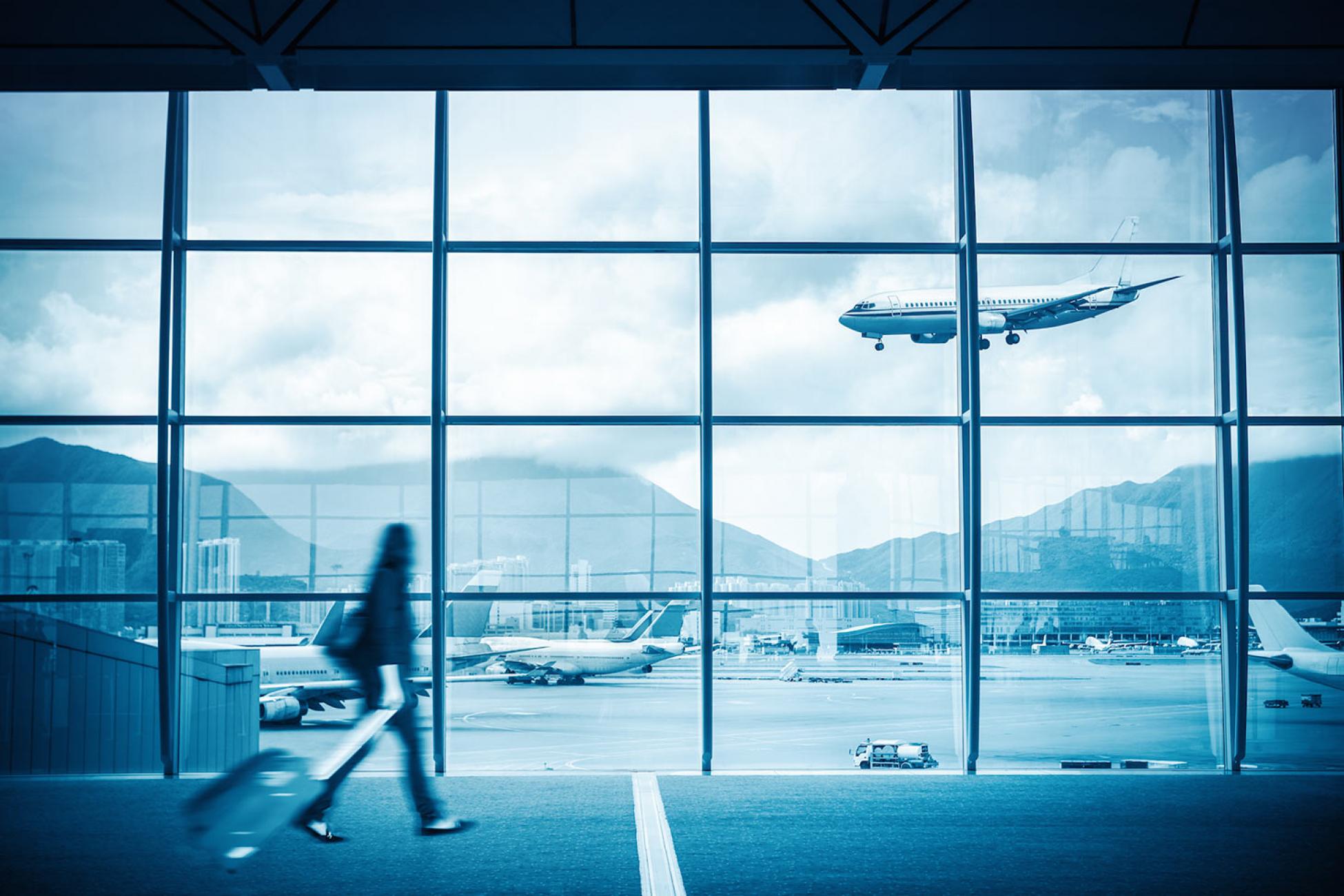As I count down the days until my first move abroad, I could easily spend the majority of my time trying to figure out how I’m going to fit my entire life in two suitcases.
Although packing is important, before you start asking yourself which shoes to bring make sure you know the answers to these five important questions.
1. Can I work there?
If you plan to move or even spend an extended time abroad, you will likely need to find a job to help cover your expenses. Depending on the country you are from and where you are travelling to, your ability to work legally will vary. For young Canadians, the Canadian Working Holiday Program makes it easy for you to work while you travel. Through agreements between the Canadian Government and governments in countries across the world, young Canadians have the opportunity to travel and work in these partnering countries.
Although the length of stay varies between countries, participants can usually stay for a period up to 12 months. I’m taking advantage of this amazing program and spending the upcoming 12 months in the Netherlands!
If you’re not eligible for these working holiday programs, you can still apply for a work visa for your desired country. However, the application process can be extensive and you usually have to have a job secured before you depart, so it’s important that you begin it well before your intended move date.
2. How will I find housing?
Whether your plan on staying in one place or moving around, you will need access to suitable housing. How and where you find housing is completely dependent on your unique situation. For students travelling as part of their school program, your educational institution will likely organize housing. Depending on your school, you may end up in student residence, a private apartment, or even with a billet family.
If you are travelling for a shorter period of time, or plan on moving around, websites like Airbnb or Vacation Rental by Owner are your best options. On these sites you will be able to find short-term rental options to fit any budget.
If you are moving for work or a volunteer opportunity, you can talk to the organization about housing options. Some companies help employees and volunteers find housing or even provide it to them as a reduced cost.
If you’re looking for an extended rental property, look for local housing rental websites. If you’re having trouble with local websites, you can try international ones like Sabbatical Homes , where university professors rent their homes during sabbatical leaves; this is where I found my apartment.
3. Do I need additional insurance coverage?
As a Canadian with free access to health care, I hadn’t really given much thought to the fact that I would need to purchase private health insurance during my time abroad.
Before you depart, talk to your insurance provider (whether it be government or private) about your coverage while out of the country. You will likely need to purchase specialized health insurance to cover you during the time you are away. Finding the right provider can take time so make sure you start researching your options early.
4. Are my finances in order?
Even in today’s global society, international banking can be difficult. Before your move, schedule an appointment at your bank to ensure that your finances are in order. For myself, I made sure that I had an account set up that would allow me to withdraw money from anywhere in the world and that I chose the right account to eliminate any unnecessary monthly fees. I also applied for a credit card that would give me points to use towards future trips – a must-have for anyone who loves to travel!
Depending on the length of your stay, you might need to open a bank account in your new country. Your ability to open a bank account varies from country to country, so it’s important to research country-specific information before you leave.
5. Do I need any documents to enter and stay the country?
Again, there is no black and white answer to this question. Depending on the country you are travelling to, you may or may not need a visa or residence permit before you can enter.
For Canadians taking advantage of the Working Holiday Program, you typically can enter the country as long as you have a return ticket or proof that you have enough money to pay for one.
You may also need to provide proof that you have funds available for your use overseas. Since I don’t know exactly when I’ll be moving home, I’m opting to show proof of finances upon my entry. To do this, I went to the bank and got a certified print out of my account balances, which I’ll be using to show that I can pay for a ticket home. Once I’m in the Netherlands, all I need to do is apply for my residence permit within three days of my arrival.
If you’re travelling outside of this working holiday program, you can contact your proposed country’s embassy for detailed information about what is needed for you to enter and stay in the country.
When I first started planning my move months ago, I had no idea how complex moving to a new country could be. However, I’m so happy that I took the time to find the answers to these questions before I left so that my move will be as smooth as possible. With my departure date quickly approaching, thankfully all I have left now to do is pack!

